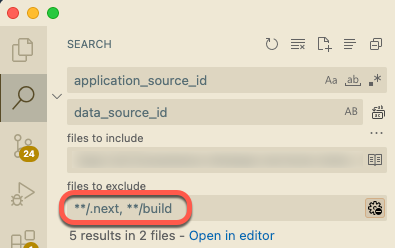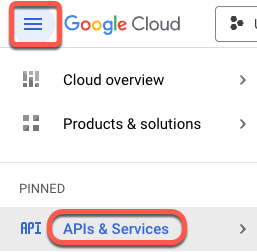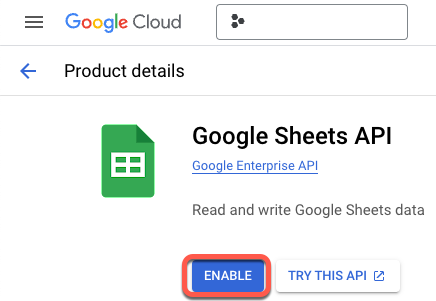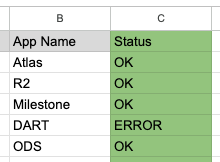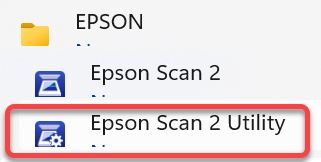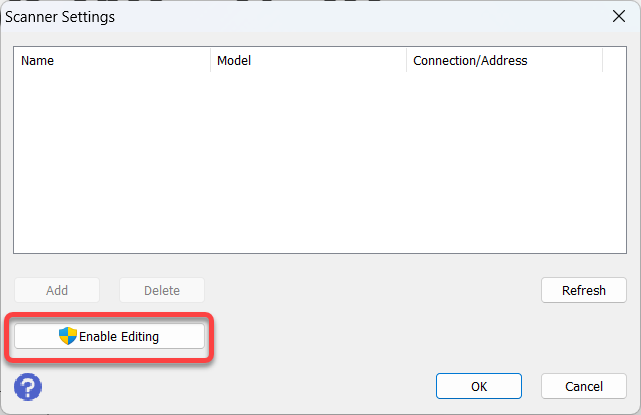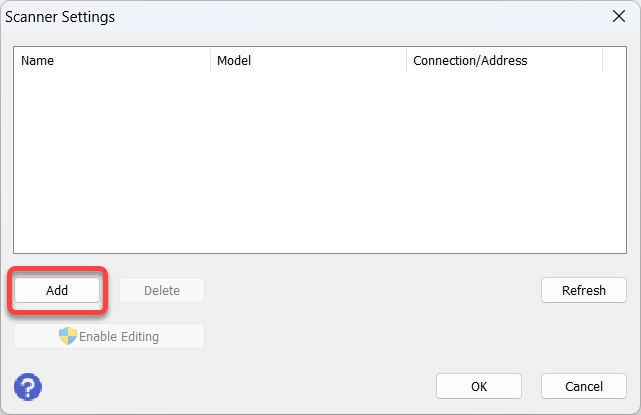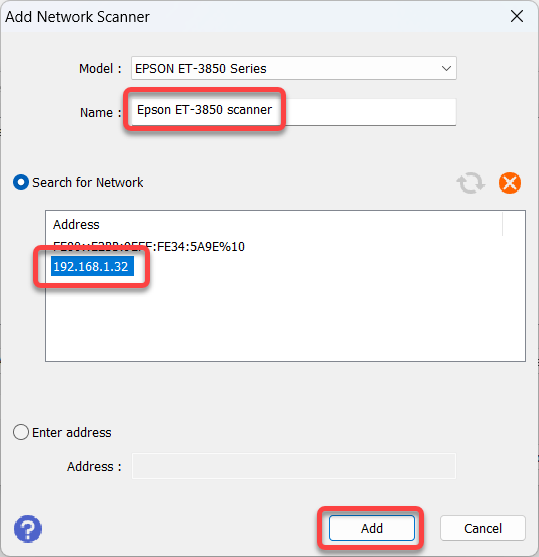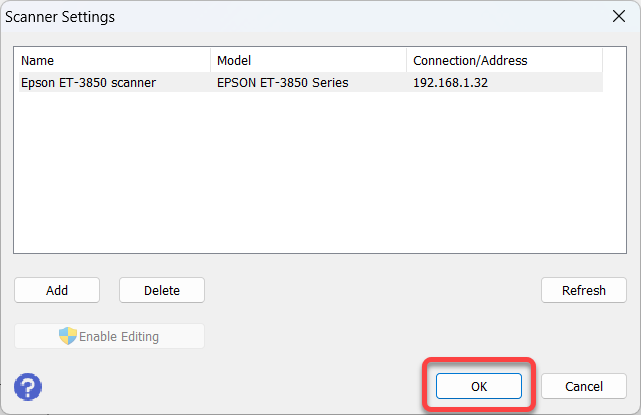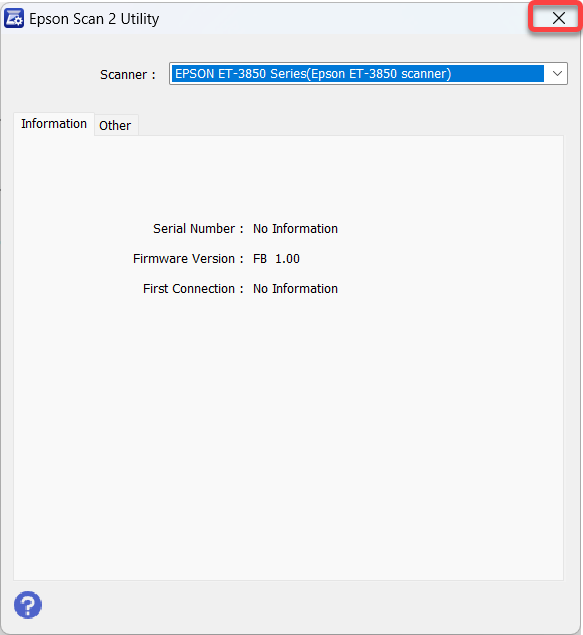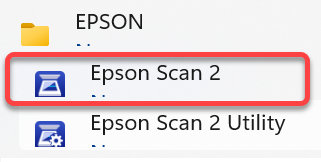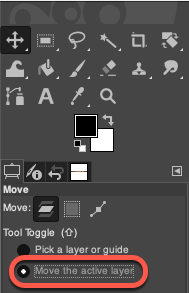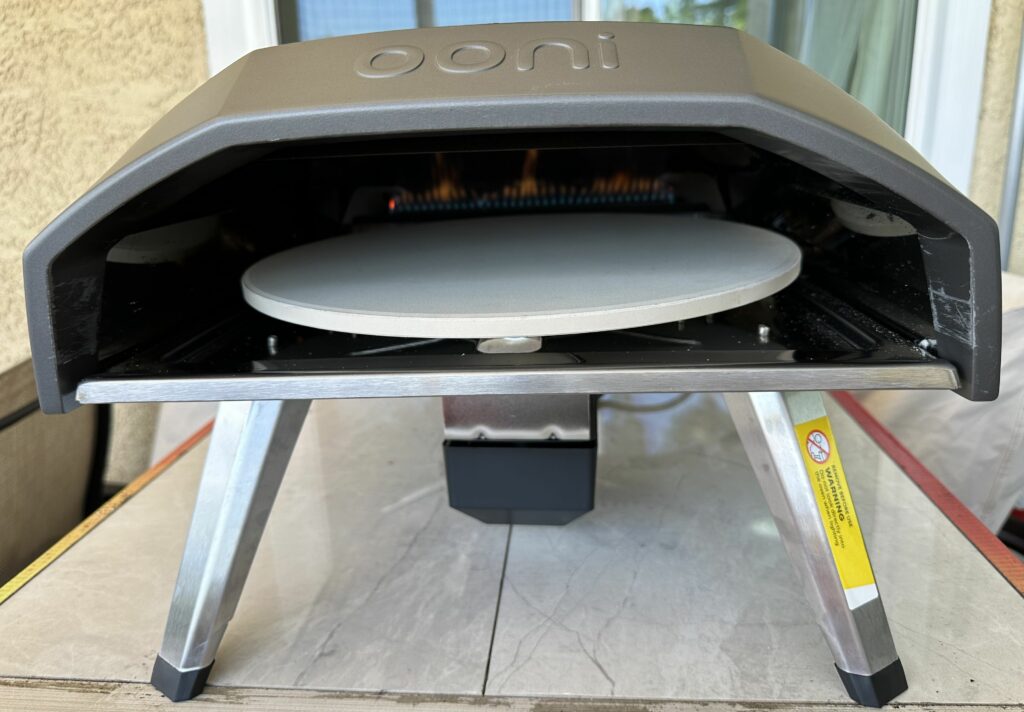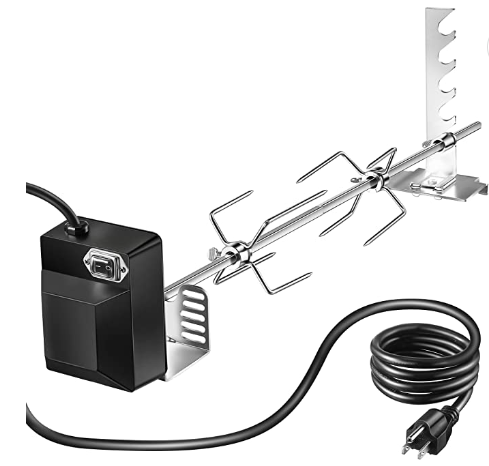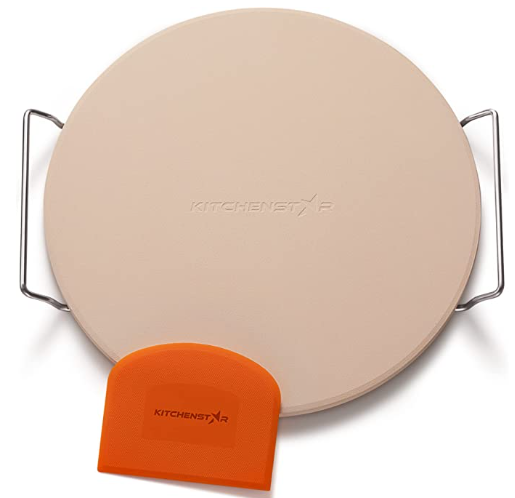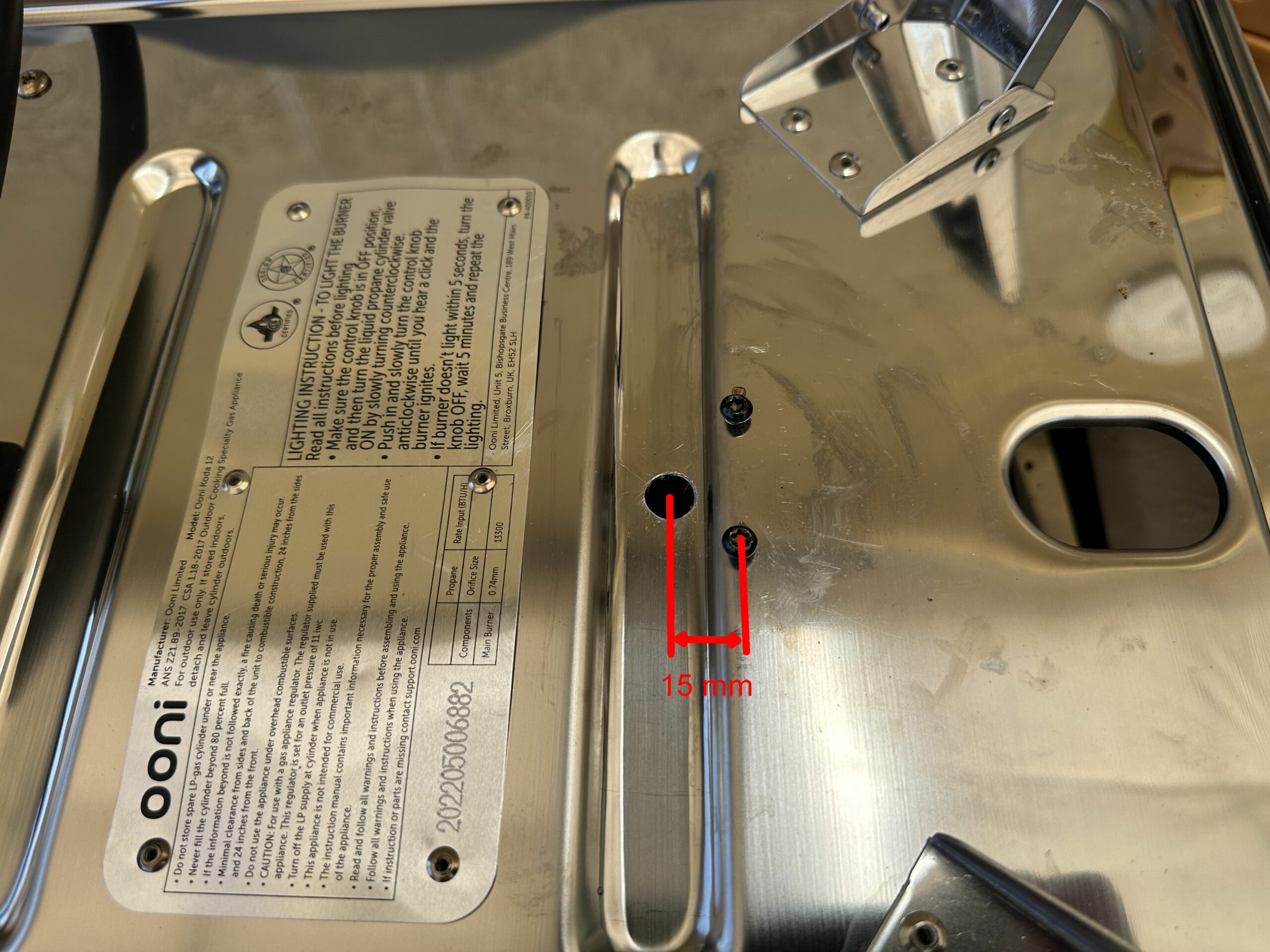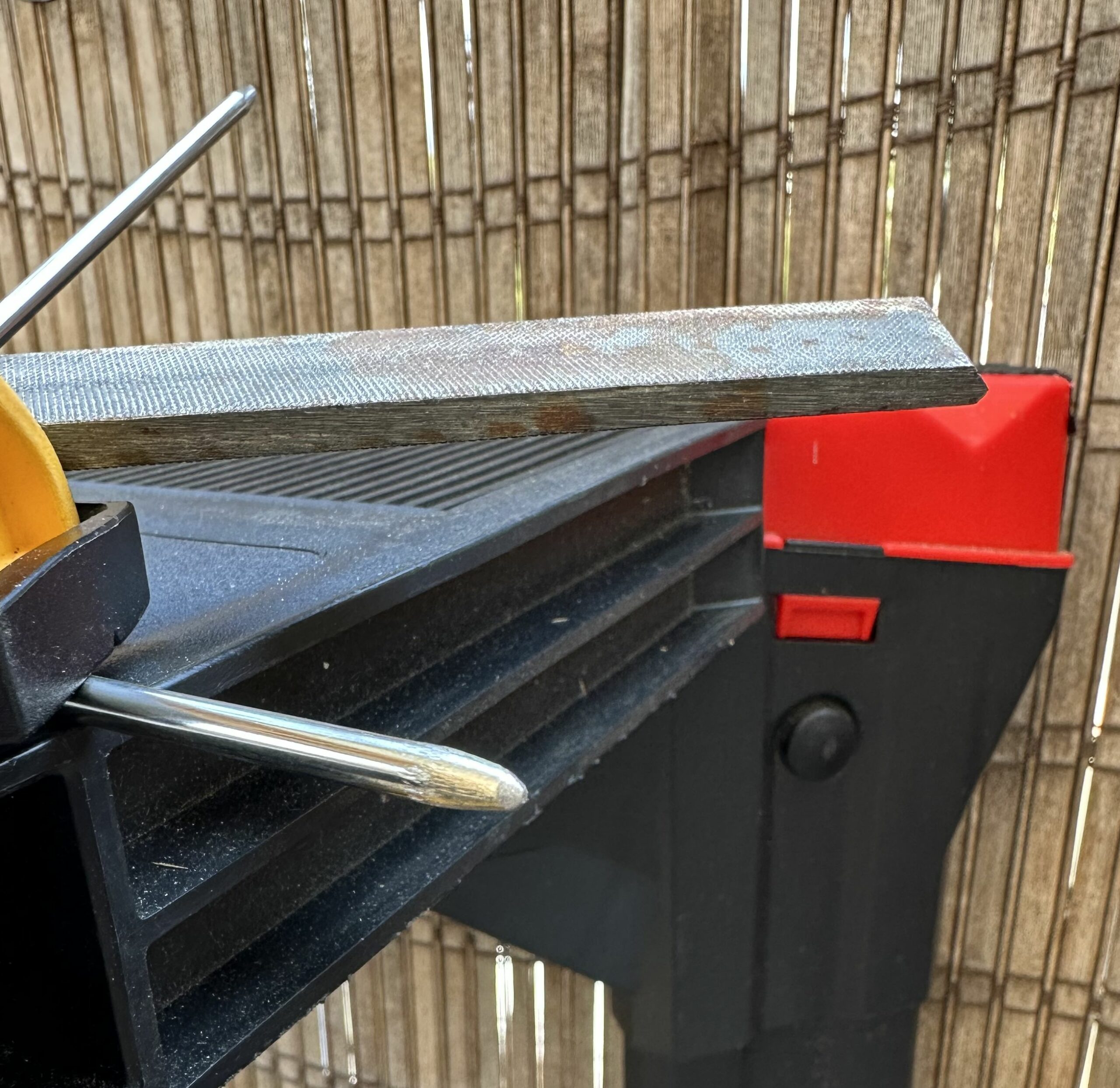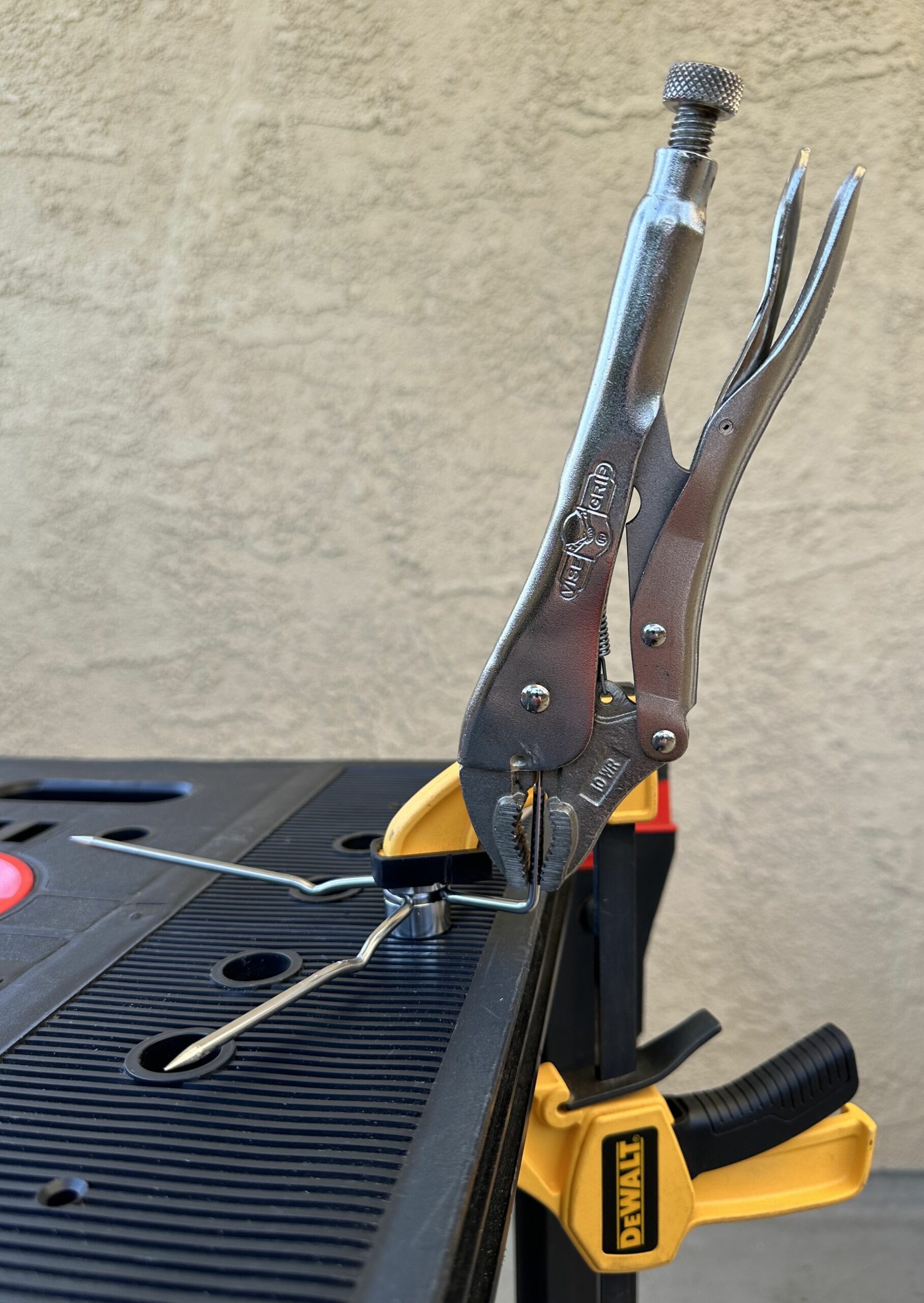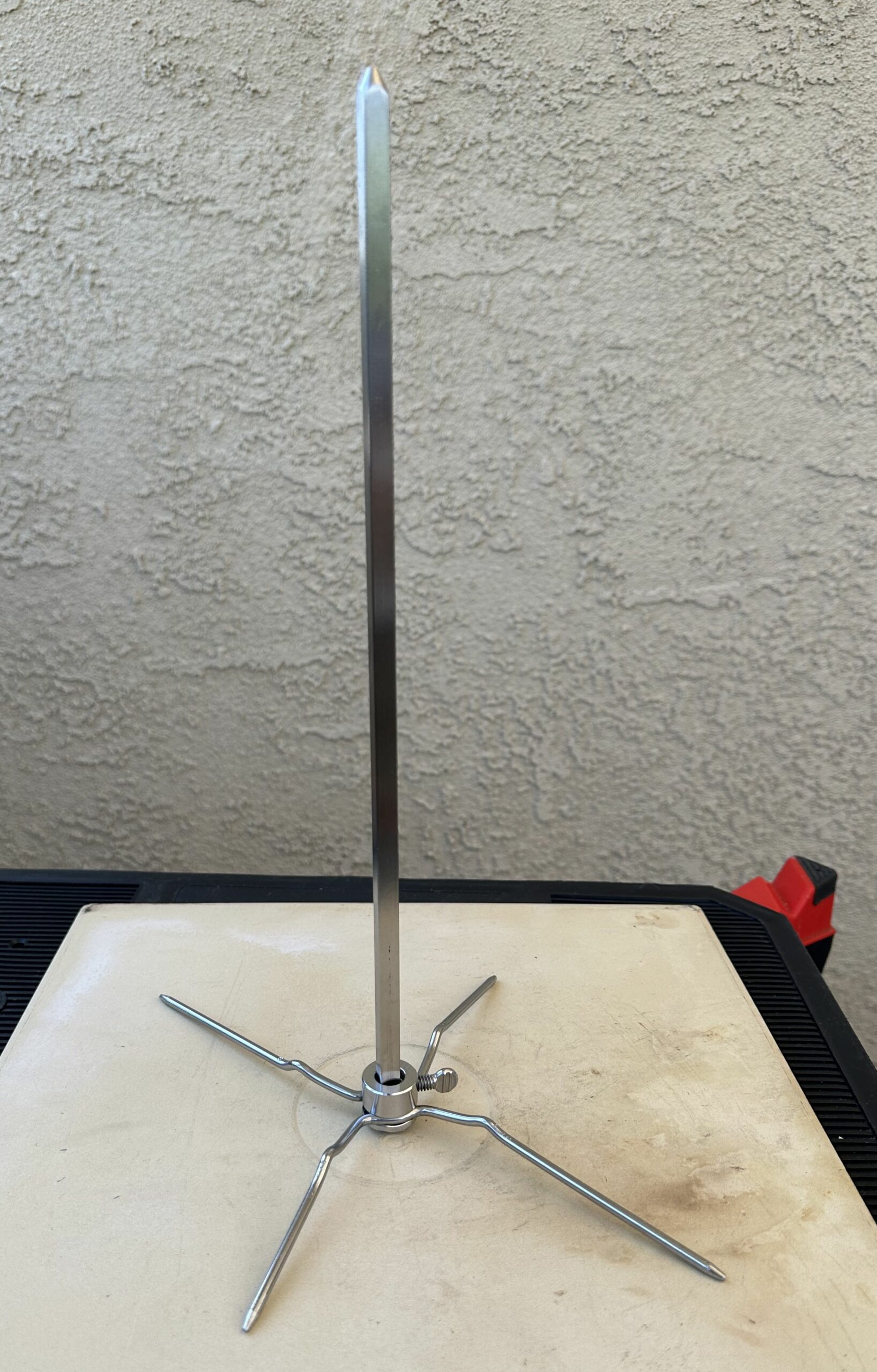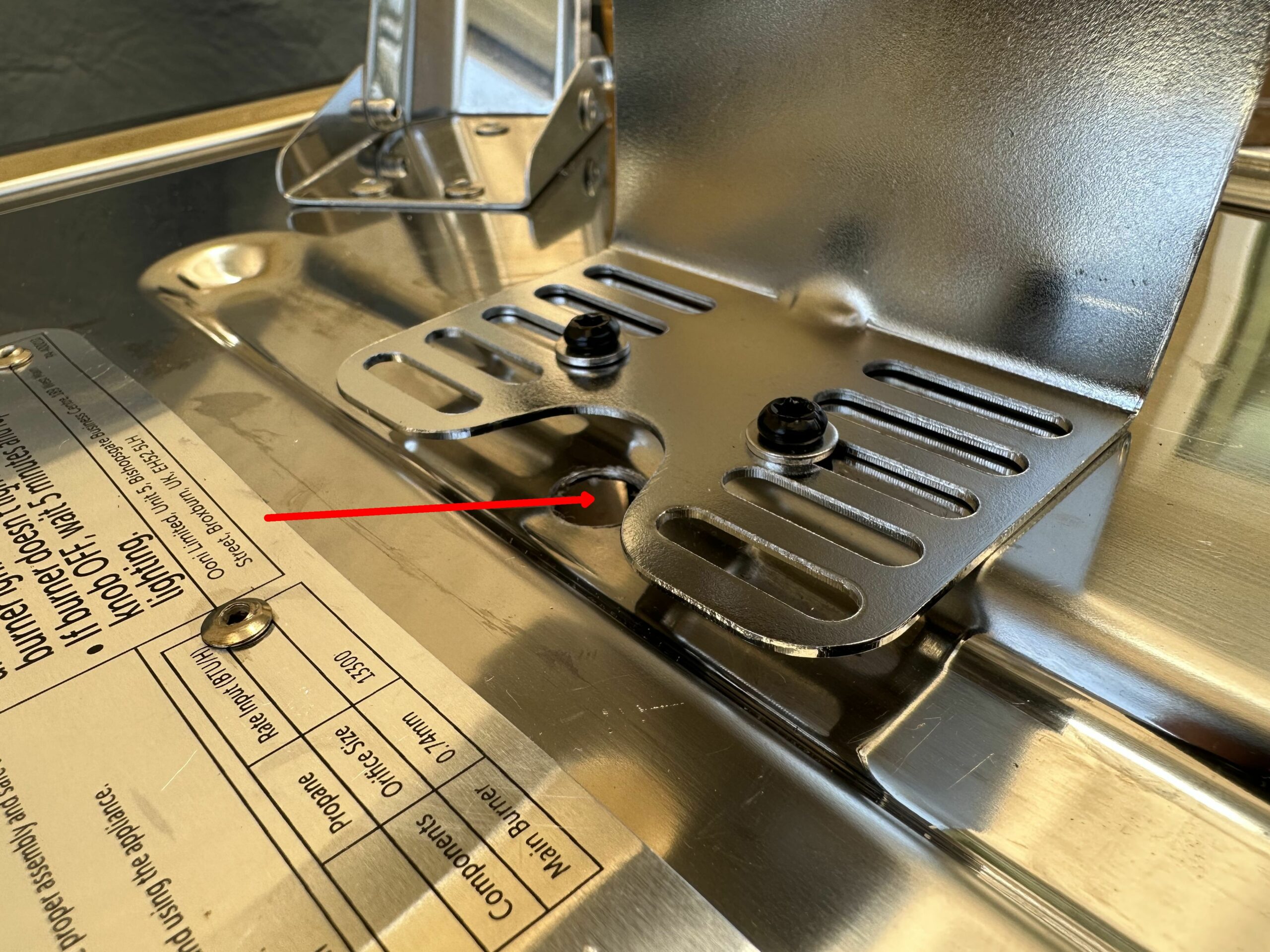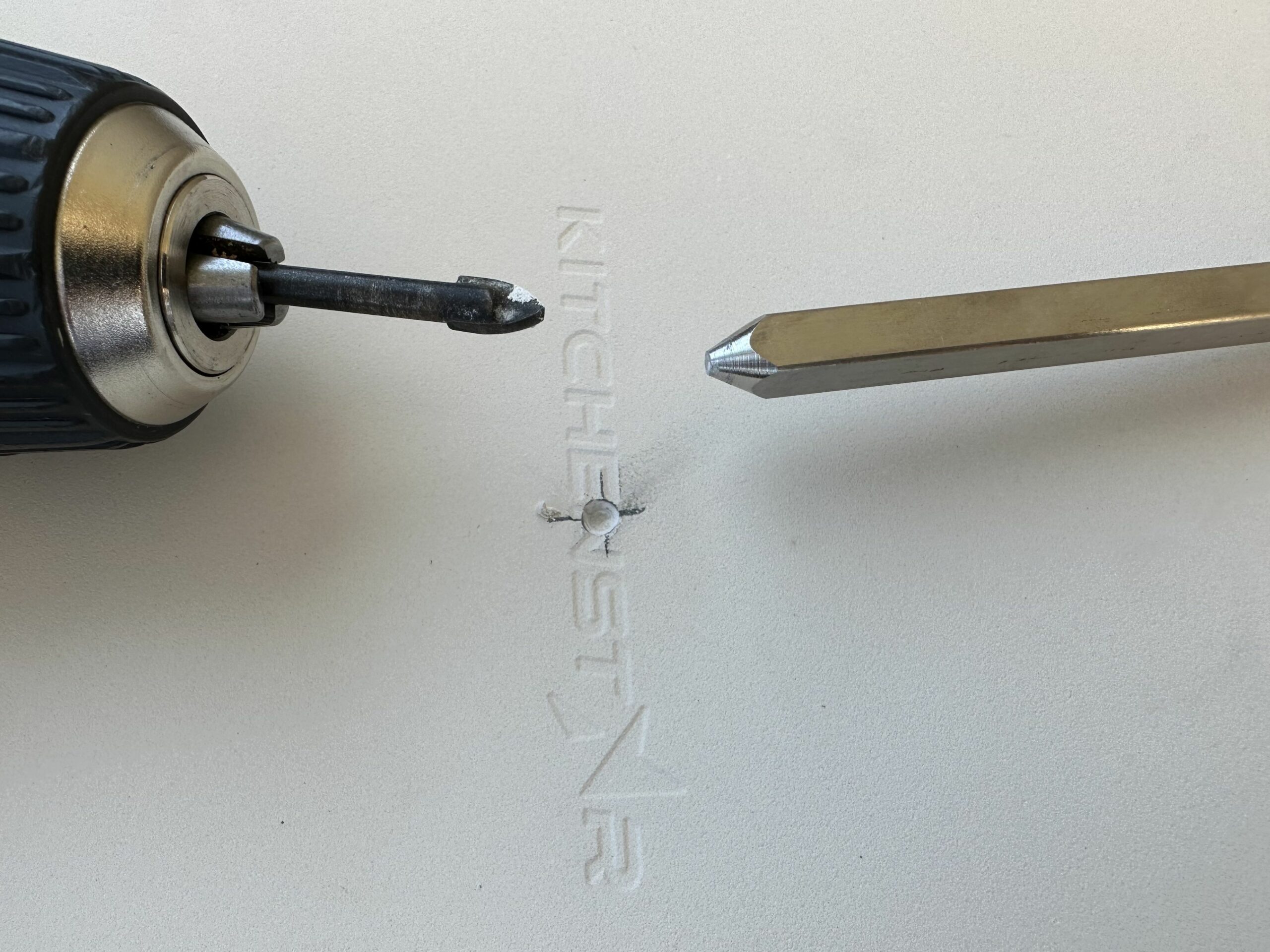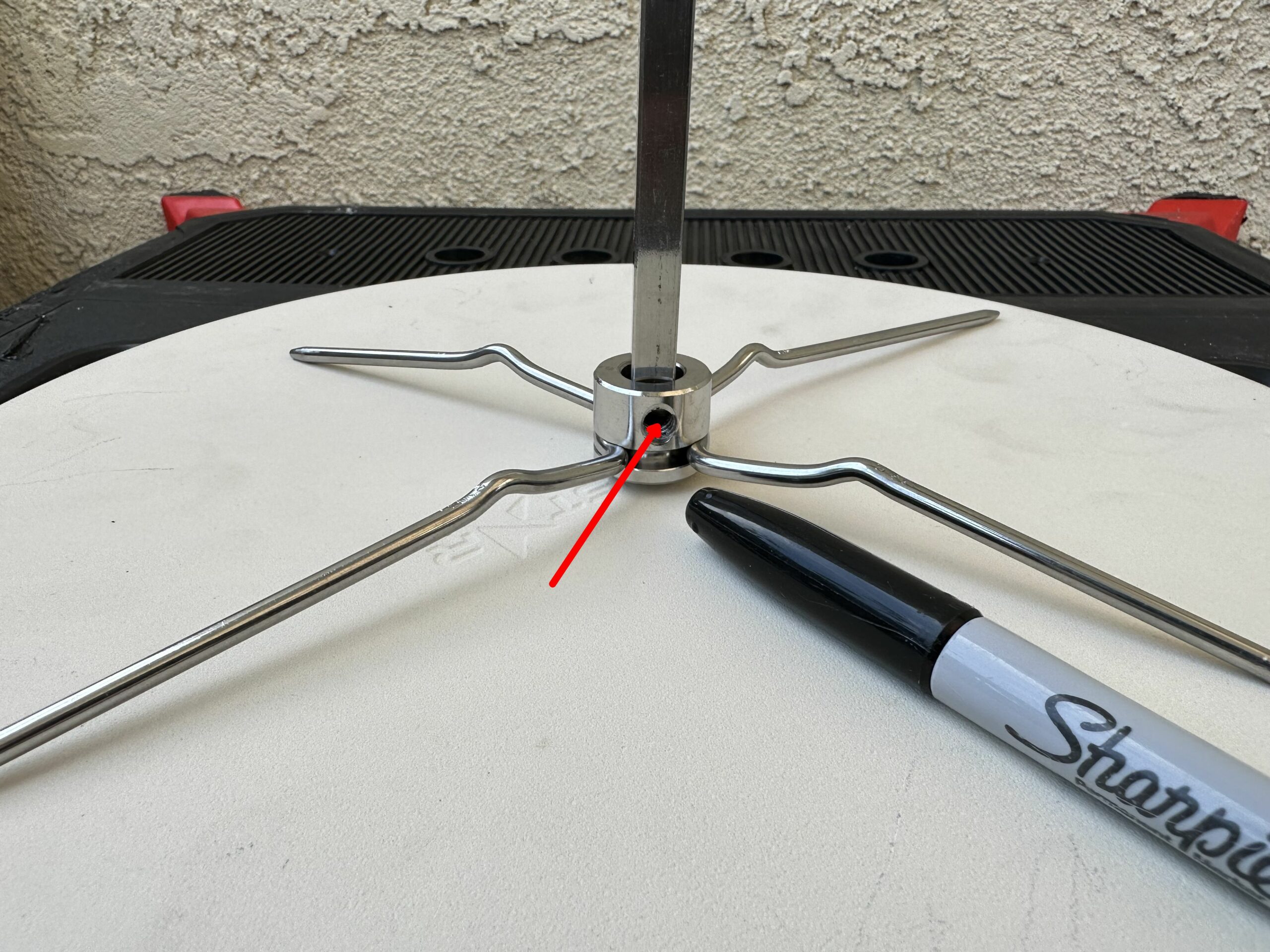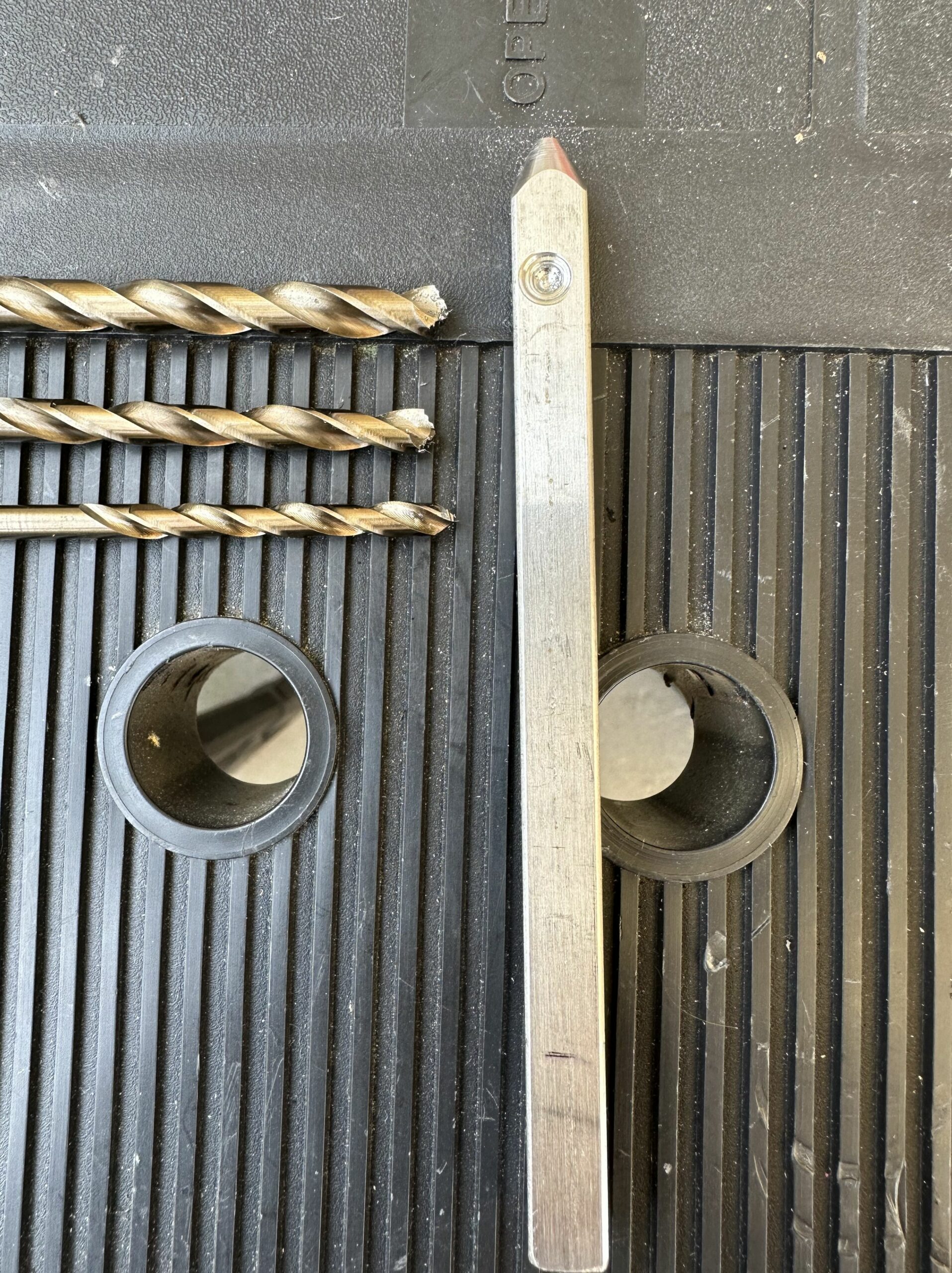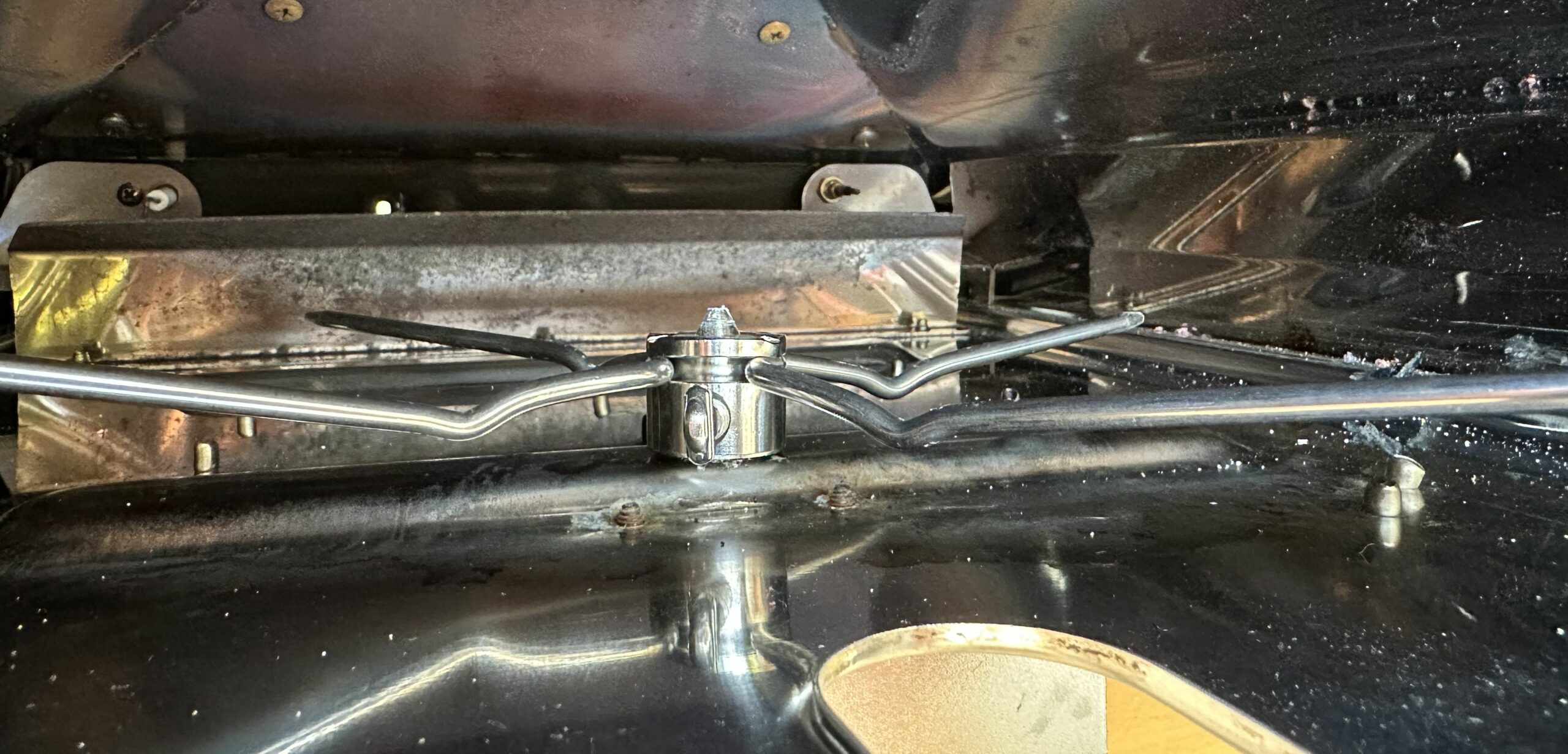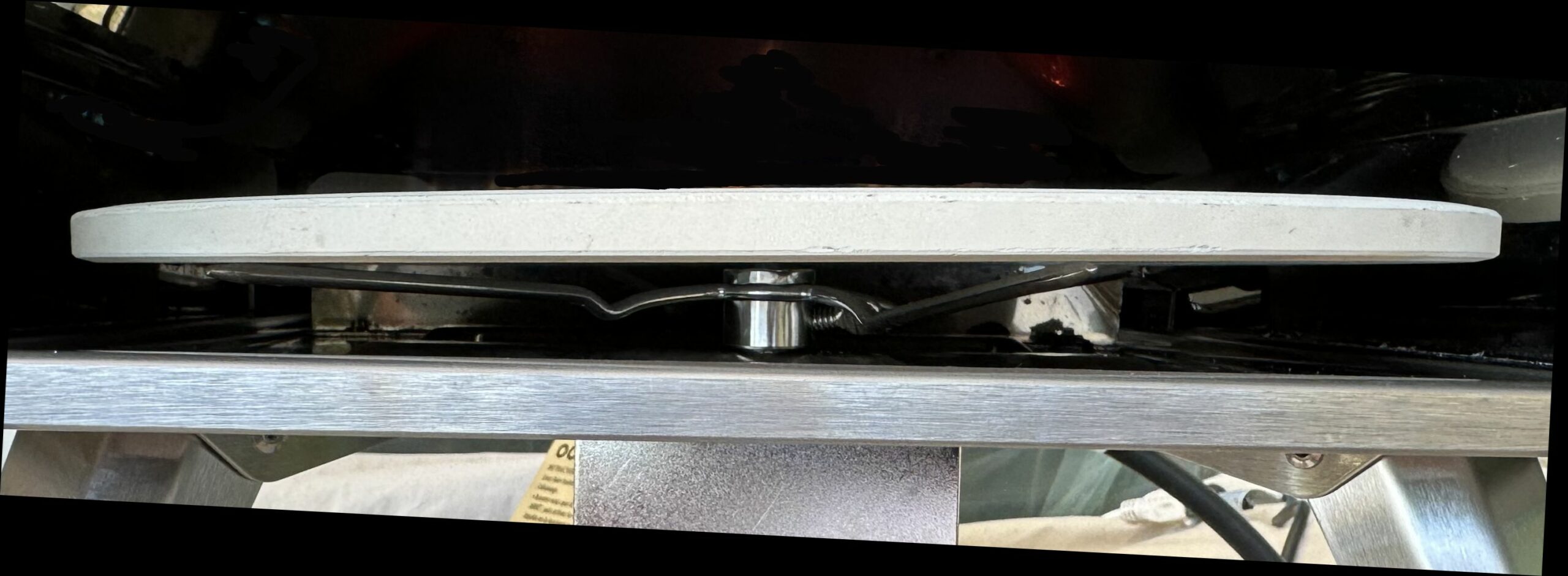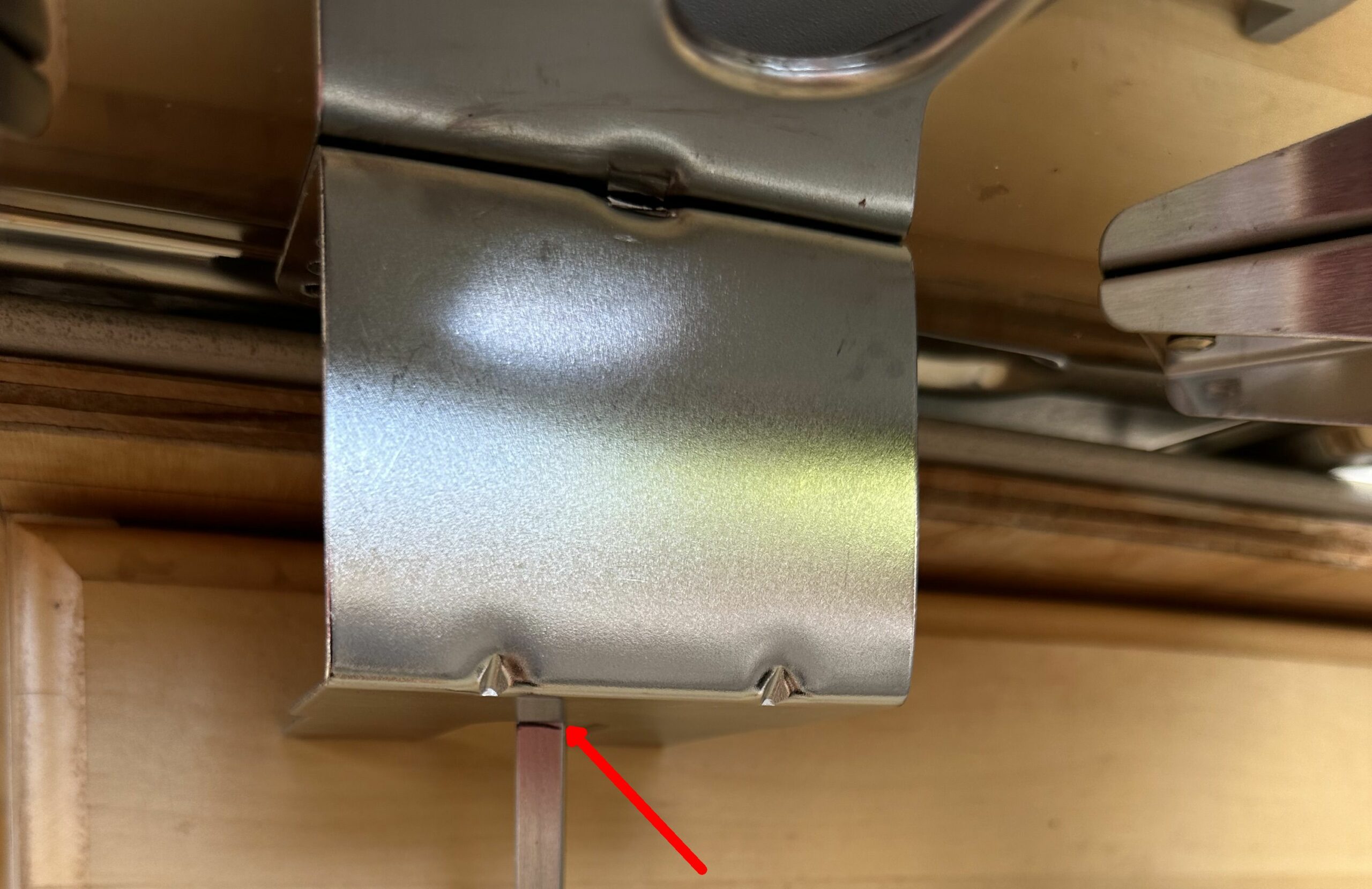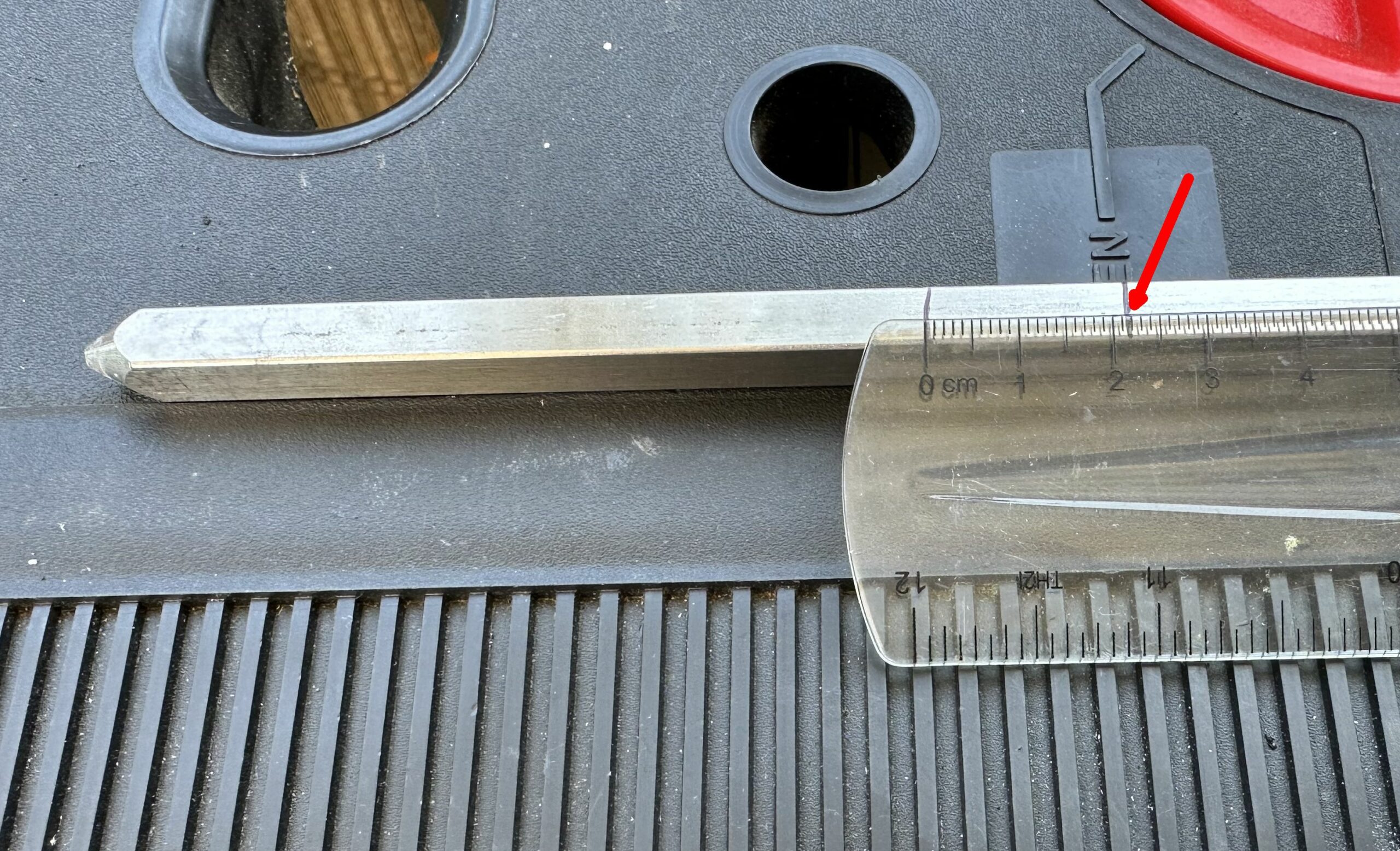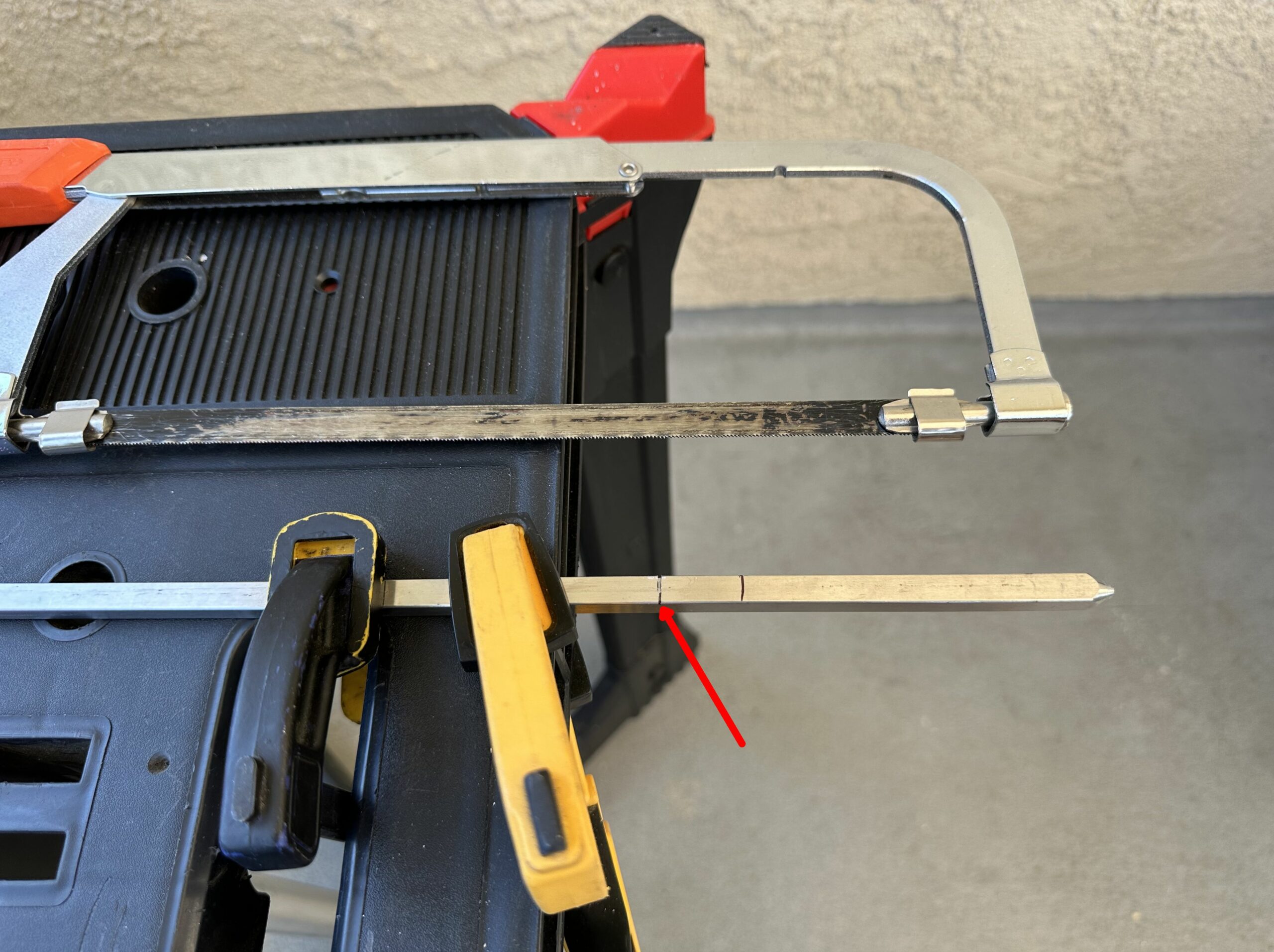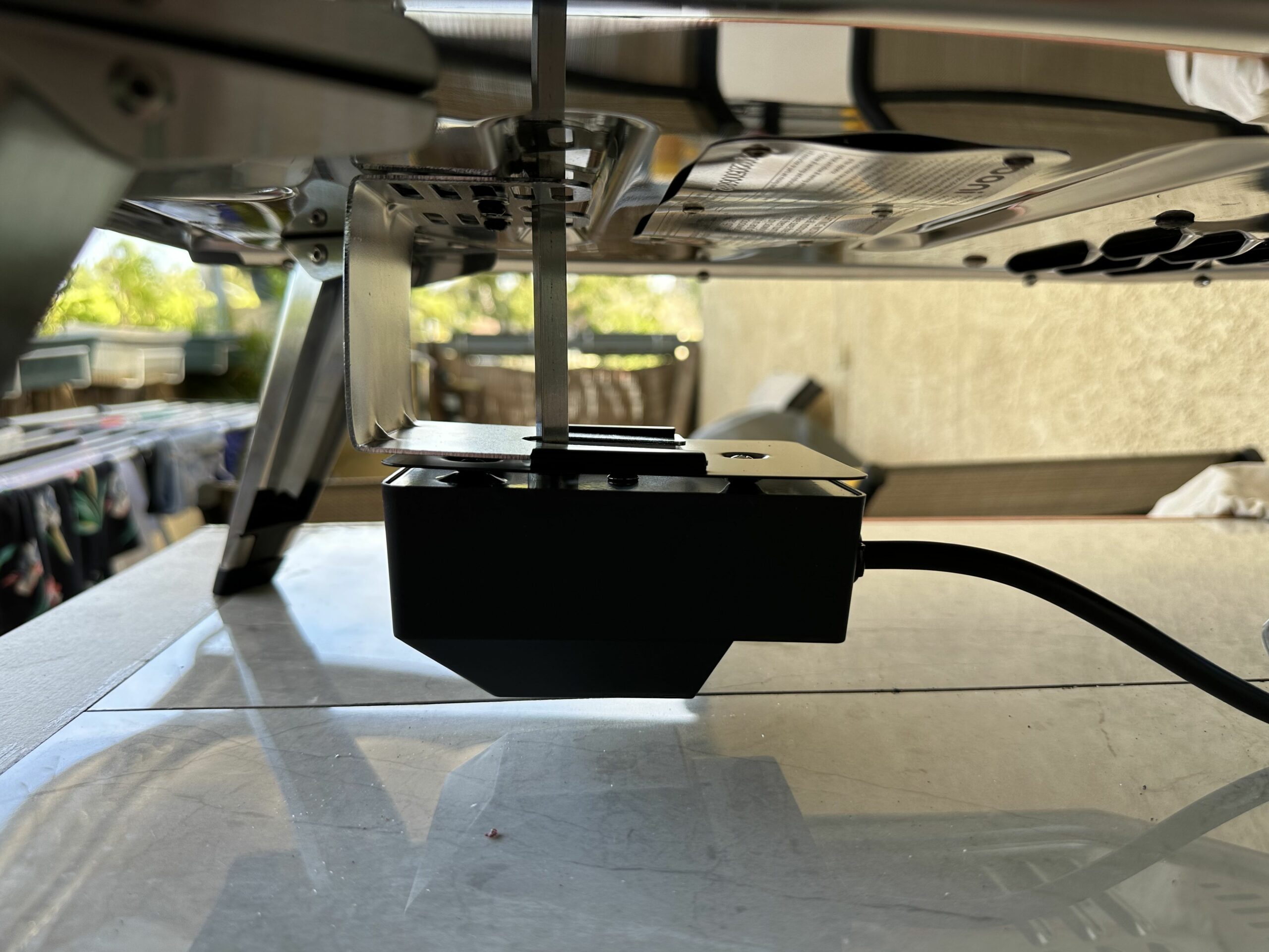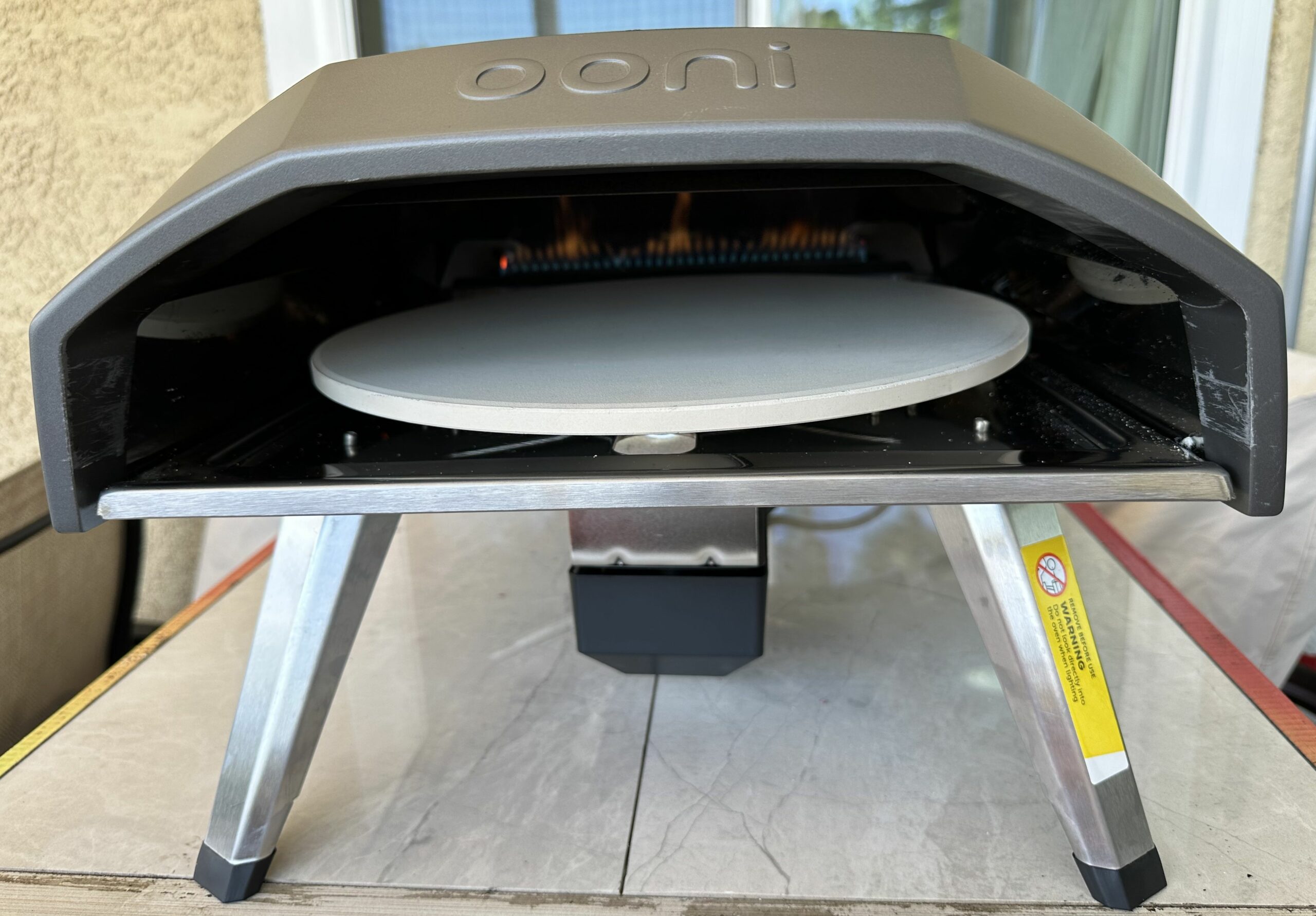To center a DIV horizontally
- Make sure the parent element is as wide as the page (width: 100%)
- Set the margin to auto
React example
<div style={{width: '100%'}}>
<div style={{width: '800px', height: '600px', margin: 'auto', position: 'relative'}}>
</div>
</div>
To center a DIV only vertically
- Set the position to absolute to take it out of the normal document flow
- Set the top to 50% to line up the top edge of the DIV with the center of the page vertically
- set the transform property to translate(0, 50%)
React example:
<div style={{width: '640px', height: '480px', top:'50%', transform: 'translate(0, -50%)', position: 'absolute'}}>
</div>
To center a DIV horizontally and vertically
- Use similar steps as above for vertical centering, but
- set both the left and top properties to 50%
- set the transform property to translate(-50%, -50%)
React example
<div style={{width: '640px', height: '480px', left: '50%', top:'50%', transform: 'translate(-50%, -50%)', position: 'absolute'}}>
</div>
For more information
There is a great article by Jamie Juviler at 11 Ways to Center Div or Text in Div in CSS
